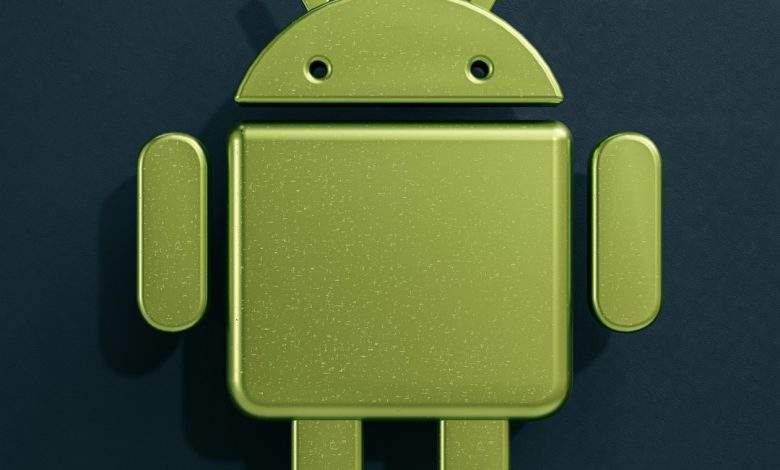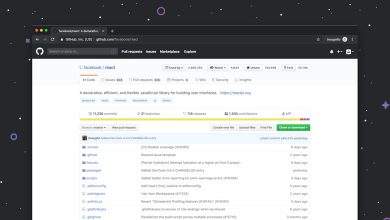
Google Pixel Foldables – Will They Overtake Samsung?
The foldable smartphone market has been heating up in recent years, and Google has officially entered the ring with its Pixel Fold series. With Samsung reigning as the dominant player in this niche since the release of its Galaxy Z Fold and Z Flip devices, many are wondering whether Google has what it takes to challenge — or even surpass — Samsung in this innovative smartphone category.
Google’s Entry into Foldables
After years of speculation and leaks, Google launched its first foldable phone, the Pixel Fold, marking a significant move in its hardware strategy. Unlike typical smartphones, the Pixel Fold unfolds like a book to reveal a larger display, merging tablet-like functionality with the portability of a smartphone. What sets Google’s foldable apart is its tight integration with Android, a clear advantage since Google develops the operating system itself. This allows for a seamless software experience optimized for larger, flexible displays.
[ai-img]google pixel fold, foldable smartphone, android phone[/ai-img]Google has focused on enhancing multitasking capabilities, custom interfaces for foldable screens, and better app continuity. Since Android 12L, efforts have been made to support larger and foldable screens more effectively, showcasing Google’s intent to lead this space not just in hardware, but in software too.
Strengths of Samsung Foldables
Despite Google’s promising debut, Samsung holds a significant lead in the foldables market. With several generations of devices under its belt — including the Galaxy Z Fold 5 and Galaxy Z Flip 5 — Samsung has refined its hardware, improved durability, and developed a strong loyal customer base.
Samsung’s foldables benefit from:
- Advanced hinge mechanisms
- Water and dust resistance in later models
- High refresh rate displays across both inner and outer screens
- A tight ecosystem with other Samsung devices
Moreover, Samsung has been aggressive with marketing and distribution partnerships, securing shelf space in major mobile retailers globally. This level of market penetration continues to make it a strong competitor that is hard to dethrone.
What Sets the Pixel Fold Apart?
The Pixel Fold offers some unique advantages compared to Samsung’s models. Firstly, its form factor differs — Google’s fold is shorter and wider, making the front display easier to use as a standard phone. Secondly, it brings Google’s computational photography to the foldable market, giving it a camera advantage over Samsung’s current foldables, especially in low-light environments.
[ai-img]pixel fold camera, foldable screen, photography features[/ai-img]Furthermore, Google’s AI-based features such as Magic Eraser and real-time transcription on the Pixel Fold tap into its latest Tensor G2 chip, giving the device—and by extension the user—a smarter experience. These small but significant changes position Google as a user-experience-driven competitor.
Will Google Overtake Samsung?
While Google’s entry into the foldable market is notable, challenging Samsung’s dominance will be a steep uphill climb. Samsung’s multi-year head start, supply chain mastery, and strong brand identity in the foldables sector are substantial hurdles.
However, Google’s approach is more long-term. As Android optimizations for foldables improve and more developers embrace new fold-specific interface designs, Google’s Pixel Fold could slowly gain market share. If Google continues to iterate, improve durability, and offer competitive pricing, it might not overtake Samsung immediately but could create a solid second player position — and over time, who knows?
Conclusion
Google Pixel foldables are an exciting addition to a niche that Samsung has largely monopolized. While they may not overtake Samsung anytime soon, Google’s innovation in software, unique form factor, and AI features offer a compelling alternative for Android users. Whether this translates to broader market success depends on future product releases, consumer adoption, and how both companies evolve their offerings.
FAQ – Google Pixel Foldables vs Samsung
- Q: Is the Google Pixel Fold better than the Samsung Galaxy Z Fold?
- A: It depends on priorities. The Pixel Fold offers better photography and software integration, while the Galaxy Z Fold has superior hardware durability and multitasking features.
- Q: Are Google Pixel Foldables more affordable?
- A: Currently, pricing is comparable or even slightly higher than Samsung’s foldables, especially considering Samsung often offers discounts and trade-in deals.
- Q: Will more Pixel Fold models be released soon?
- A: Google is expected to release updated versions annually, similar to its regular Pixel series. Rumors suggest a slimmer and more affordable model may be in development.
- Q: Do foldable phones have durability issues?
- A: Both Google and Samsung are continually improving hinge and display durability, but foldables still require more careful handling than traditional phones.
- Q: Is Android optimized for foldable screens?
- A: Yes. Google has been enhancing Android with new features like taskbar multitasking and app continuity optimized for foldables.



